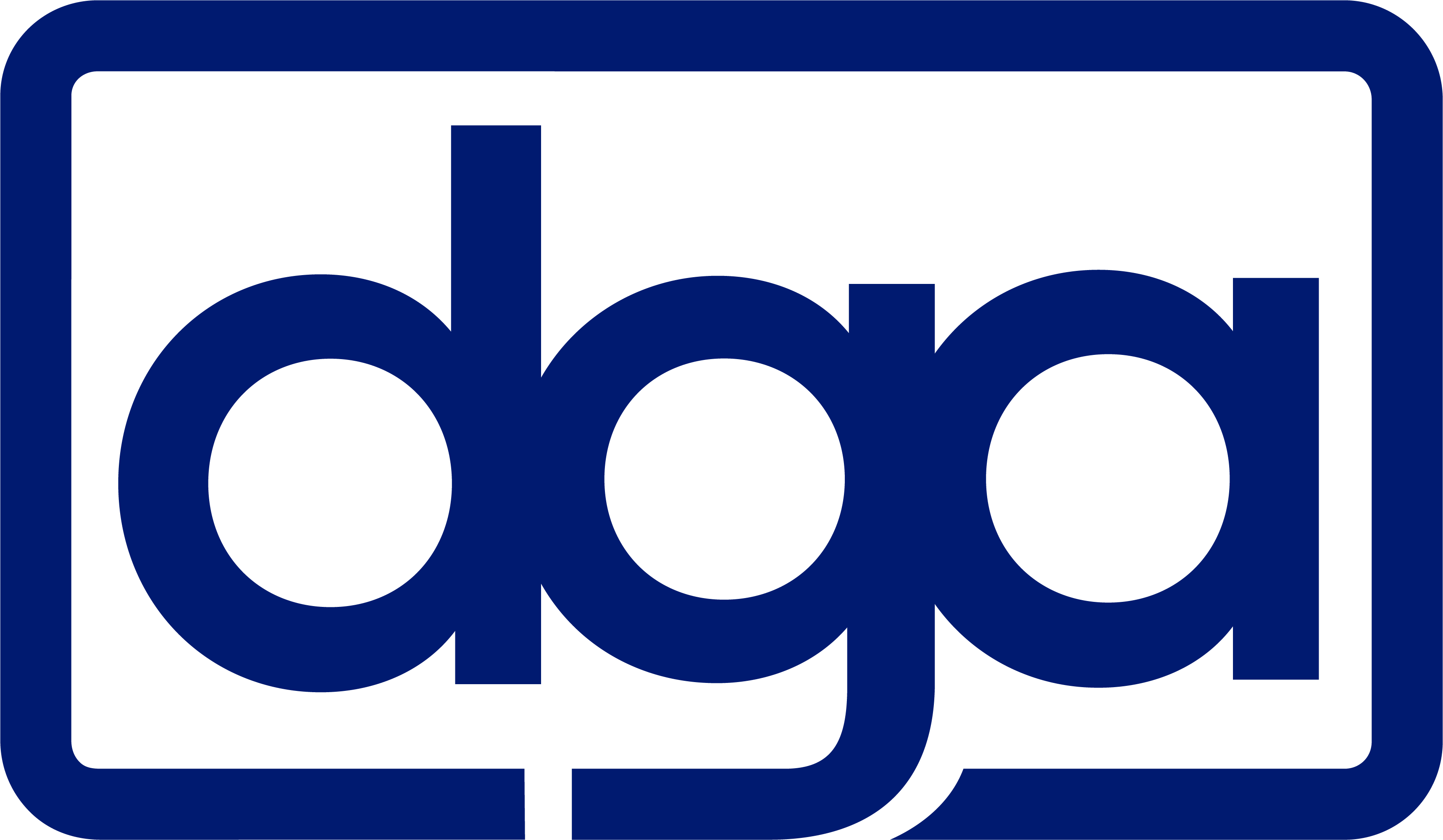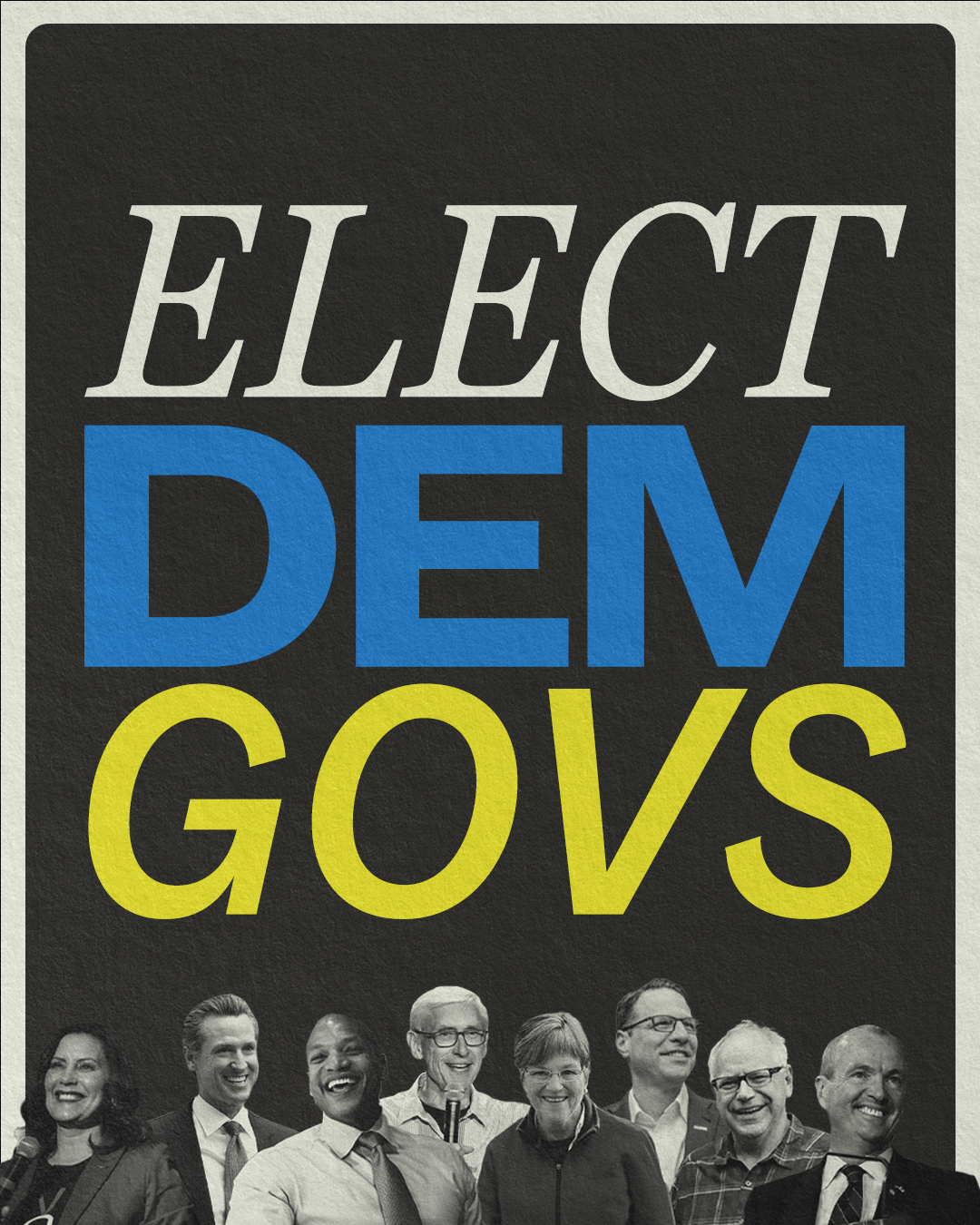MEMO: KS Gov Race is About Bipartisan Results vs. Going Back to Brownback
TO: Interested Parties
FROM: Jordanna Zeigler, DGA Senior Campaigns Advisor
DATE: Wednesday, August 3, 2022
SUBJECT: KS Gov Race is About Bipartisan Results vs. Going Back to Brownback
Following the August primary election, the matchup in the Kansas governor’s race is officially set but the core themes and contrasts driving the race have been years in the making. After feeling the dire consequences of Sam Brownback’s failed “tax experiment,” Kansans voted for change in 2018 – and Gov. Kelly has delivered.
While we anticipate a very competitive race, Gov. Kelly is in a strong position to win a second term – and it’s not just because of the clear message Kansas voters sent politicians who try to rip away their rights.
Gov. Kelly has been a steady, fiscally responsible leader who puts politics aside, works with both parties, and gets real bipartisan results, including: balancing the budget, fully funding public schools, axing the food tax, restoring funding for infrastructure, making a record investment in the state’s rainy day fund, cutting $1 billion in taxes and attracting over $13.5 billion in new investments from businesses in her term, including the largest economic development project in state history with the new Panasonic manufacturing plant that will bring $4 billion to Kansas and create 4,000 new jobs.
As a result, Gov. Laura Kelly has earned the trust and support of Kansans of all political stripes, including a large coalition of Republicans who are endorsing her re-election. A recent Morning Consult poll found she has a 56% job approval, proving she’s built her own brand in Kansas outside of national politics. Furthermore, record grassroots fundraising has allowed Gov. Kelly’s campaign to run TV ads since March, communicating directly with Kansans about her record of bipartisan accomplishments.
In contrast, read more below about how Derek Schmidt is not only still haunted by his record of standing by Brownback’s side as his top defender, but has his own baggage and major vulnerabilities as a candidate.
Defined By Brownback & Anemic Fundraising: Despite being a politician for decades, Derek Schmidt started this race with a low name ID. That means the months of TV ads reminding Kansans of Schmidt’s record of defending Brownback’s education cuts and standing with him throughout his fiscal mess are the only things that define him with voters. Some of Schmidt’s top hits that tie him closely to Brownback include:
- Spending over $1.4 million in taxpayer dollars to defend Brownback’s education cuts
- Supporting Brownback’s fiscal irresponsibility, even claiming, “if you read the letter of the law … it doesn’t say there has to be a balanced budget.”
- Schmidt claiming: “Brownback has attentively delivered time and again”
The RGA even knows this is a big problem, which is why their opening ad in the general election is a late attempt to reintroduce Schmidt to voters and paper over his failed record. Making matters worse for Schmidt, he only raised an anemic total of just $700,000 from January 1st to July 21st. Meanwhile, Gov. Laura Kelly announced a massive fundraising haul that more than doubled Schmidt’s, raising over $1.5 million in the same period.
Schmidt’s Major Problems With His Own Party: In addition to Republicans bucking their party to back Gov. Kelly just like in 2018, current Republican State Senator Dennis Pyle has collected far more than enough signatures to get on the ballot as an Independent candidate. This means while Gov. Kelly focuses on the issues that matter most to Kansans, Schmidt is just getting started in a nasty and personal GOP family feud with Pyle. In fact, when Pyle submitted 9,000 signatures, he slammed Schmidt, saying he doesn’t think Schmidt can win in November.
At the same time, Kris Kobach – who is still toxic just like Sam Brownback – secured his spot on the ballot to replace Schmidt as attorney general. The last thing Schmidt wants is Kansas to remember he picked up where Kobach left off, carrying his wasteful, partisan lawsuits that just cost taxpayers nearly $2 million. Furthermore, despite being in the GOP primary essentially by himself since last summer, Schmidt could barely find someone to join his ticket. He was forced to announce an unknown, untested congressional staffer on the deadline to pick a running mate – who has already made headlines for all the wrong reasons.
Brownback Is Only Part of the Story: Brownback may be the heaviest anchor weighing down Schmidt’s campaign, but he also has his own failed record that turns off Kansans:
- Raising The Food Tax: As a state Senator, Derek Schmidt voted to increase the food sales tax from 4.9% to 5.3%. He later voted to keep the food sales tax at 5.3% instead of voting to decrease it. When Gov. Kelly worked with both parties to finally eliminate the food tax, Schmidt was MIA. He did not publicly support Gov. Kelly’s plan, and submitted neutral testimony on the bill when it mattered most.
- Profiting for Himself Instead of Protecting Kansans on High Energy Prices: Last year, a dangerous cold snap led to skyrocketing energy prices for Kansans. But instead of taking action, Schmidt dragged his feet. The reason why? Reports reveal Schmidt owns and profits from a secret gas well on his property. As Kansas families are still paying off their high bills and will for years, Schmidt has refused to answer how much he profited.
- Blocking and Opposing Lifesaving Care: Despite its benefits – and popularity – Derek Schmidt is still against expanding Medicaid in Kansas, which would increase access to affordable health care for 150,000 hard-working Kansans and create 23,000 jobs. Additionally, during the peak of the COVID pandemic, Schmidt personally blocked firefighters, law enforcement, emergency first responders, healthcare workers, and other frontline workers from receiving health care and other protections while they were putting their own health at risk.
###


